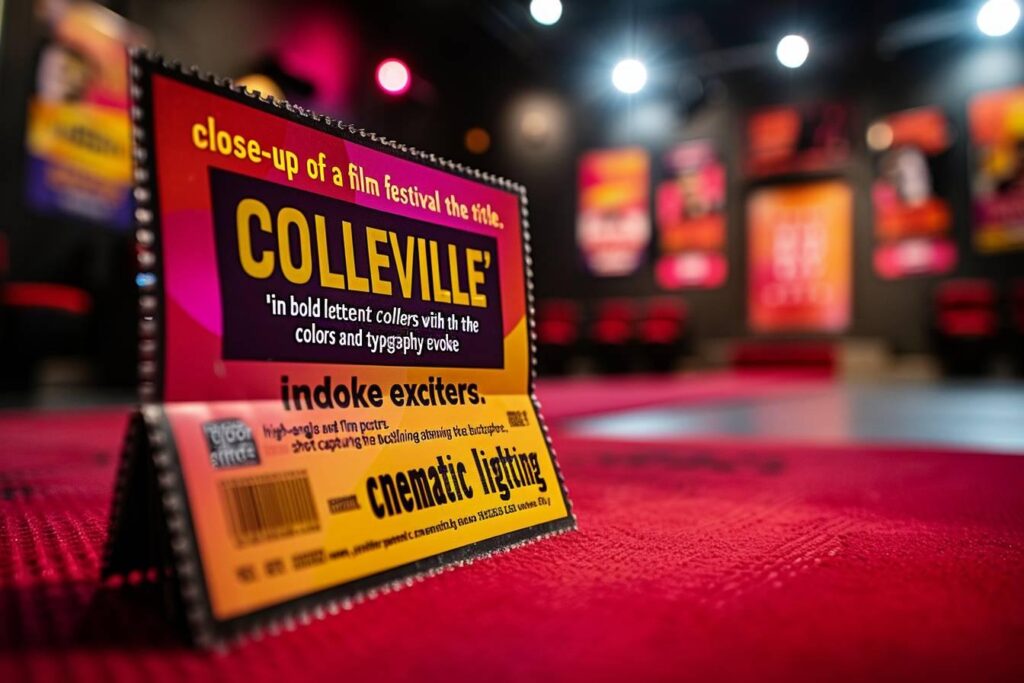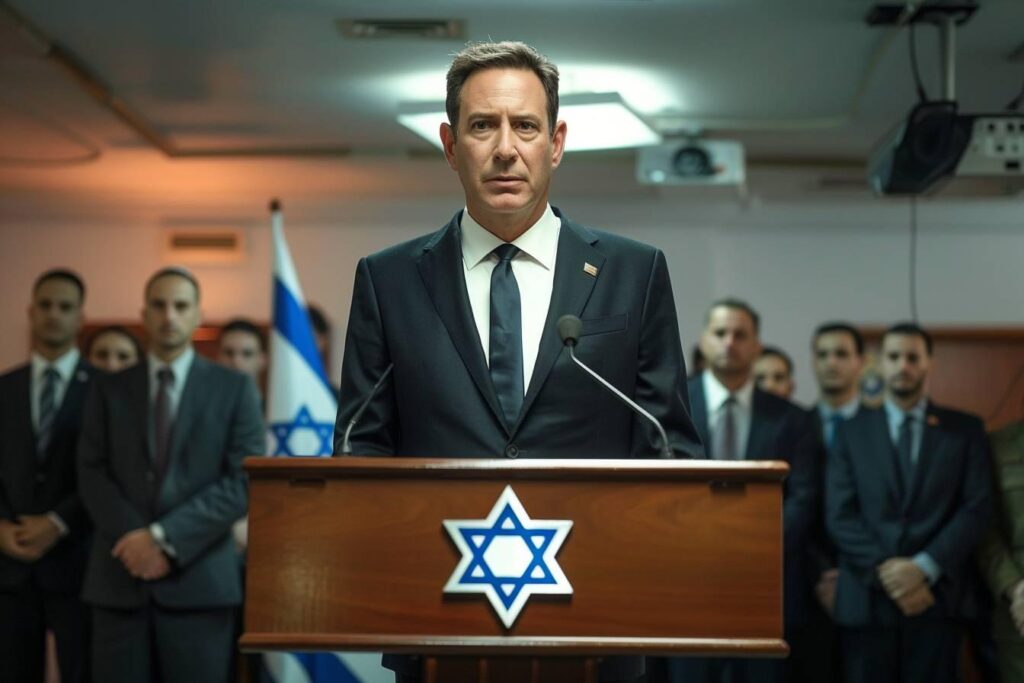The Heart of Resilience and Reflection: “Colleyville” Documentary Shines at Austin Jewish Film Festival
Every year, the Austin Jewish Film Festival serves as a vibrant platform showcasing films that delve into diverse facets of Jewish life and culture. This year, among the standout entries is the gripping documentary titled “Colleyville”, directed by acclaimed filmmaker Dani Menkin. The film presents a detailed account of the harrowing hostage crisis that unfolded in Colleyville, Texas, offering a deep dive into the events and their profound impact on the community.
Unpacking the Colleyville Hostage Crisis
On a quiet January morning in 2021, the peace of Colleyville was shattered when a gunman took four hostages at the Congregation Beth Israel synagogue. The standoff lasted nearly 11 hours, ending with the hostages escaping and the FBI’s rescue operation resulting in the gunman’s death. This incident not only shook the local community but also resonated across the nation, raising urgent questions about security, religious freedom, and intercommunity solidarity.
Dani Menkin’s documentary, “Colleyville”, meticulously chronicles this ordeal through interviews, on-site footage, and expert analyses. By focusing on the firsthand experiences of the hostages, law enforcement officers, and community leaders, Menkin paints a vivid picture of fear, courage, and resilience.
Insights from Director Dani Menkin
In an exclusive interview during the festival, Dani Menkin shared insights into his motivation for making “Colleyville” and the messages he hopes to convey through it. “I was drawn to this story because of its intense human and emotional elements,” Menkin explained. “The strength and calmness of Rabbi Charlie Cytron-Walker and his congregation under such extreme circumstances were profoundly inspiring.”
Menkin also highlighted the broader societal implications of his documentary. “While ‘Colleyville’ is a specific story, it echoes global issues of antisemitism, hate crimes, and community vulnerability. It’s crucial for such stories to be told to foster understanding and initiate meaningful conversations,” he added.
The Role of Film in Cultural Representation and Education
Films like “Colleyville” play a critical role in documenting historical events from a personal perspective, providing more than just facts but also emotional depth and human connection. They serve as educational tools that can help viewers understand complex issues through relatable narratives.
The Austin Jewish Film Festival itself is a testament to the power of cinema in bridging cultural gaps and strengthening community ties. By featuring films from around the world that explore various aspects of Jewish life—ranging from history to contemporary challenges—the festival offers a kaleidoscope of experiences that enrich and enlighten its audience.
Community Reactions and Impact
The screening of “Colleyville” was met with strong emotions from viewers, many of whom were moved by the courage displayed by the hostages and touched by the solidarity shown by people of all faiths during the crisis. Audience member Rebecca Goldstein remarked, “Seeing this film here in Austin, far from Colleyville but close in spirit, reminds us all of our shared vulnerabilities and strengths. It’s a call to action against hatred.”
The discussion panels following the screenings provided a forum for dialogue about improving security measures in places of worship and enhancing interfaith cooperation. These conversations underscored the importance of community resilience and proactive engagement in facing challenges together.
Educational Outreach and Future Screenings
In addition to its festival run, “Colleyville” is slated for screenings at various educational institutions and community centers across the country. These events are often accompanied by discussions led by educators and experts in religious studies, psychology, and law enforcement to provide comprehensive insights into the themes explored in the film.
The outreach is part of a broader effort to use the documentary as a springboard for education on religious tolerance, emergency preparedness, and community solidarity.
Conclusion: A Beacon of Hope and Understanding

The Austin Jewish Film Festival continues to be an important event for filmmakers like Dani Menkin who are dedicated to exploring Jewish stories with depth, sensitivity, and insight. “Colleyville”, with its poignant narrative and engaging discourse, exemplifies how film can be a powerful medium for advocacy and education.
Films that tackle tough subjects with honesty and empathy can lead to greater understanding and cooperation among diverse communities. As Menkin aptly puts it, “Film has the power to open hearts and minds—it’s up to us to take these stories forward and turn them into action.”



